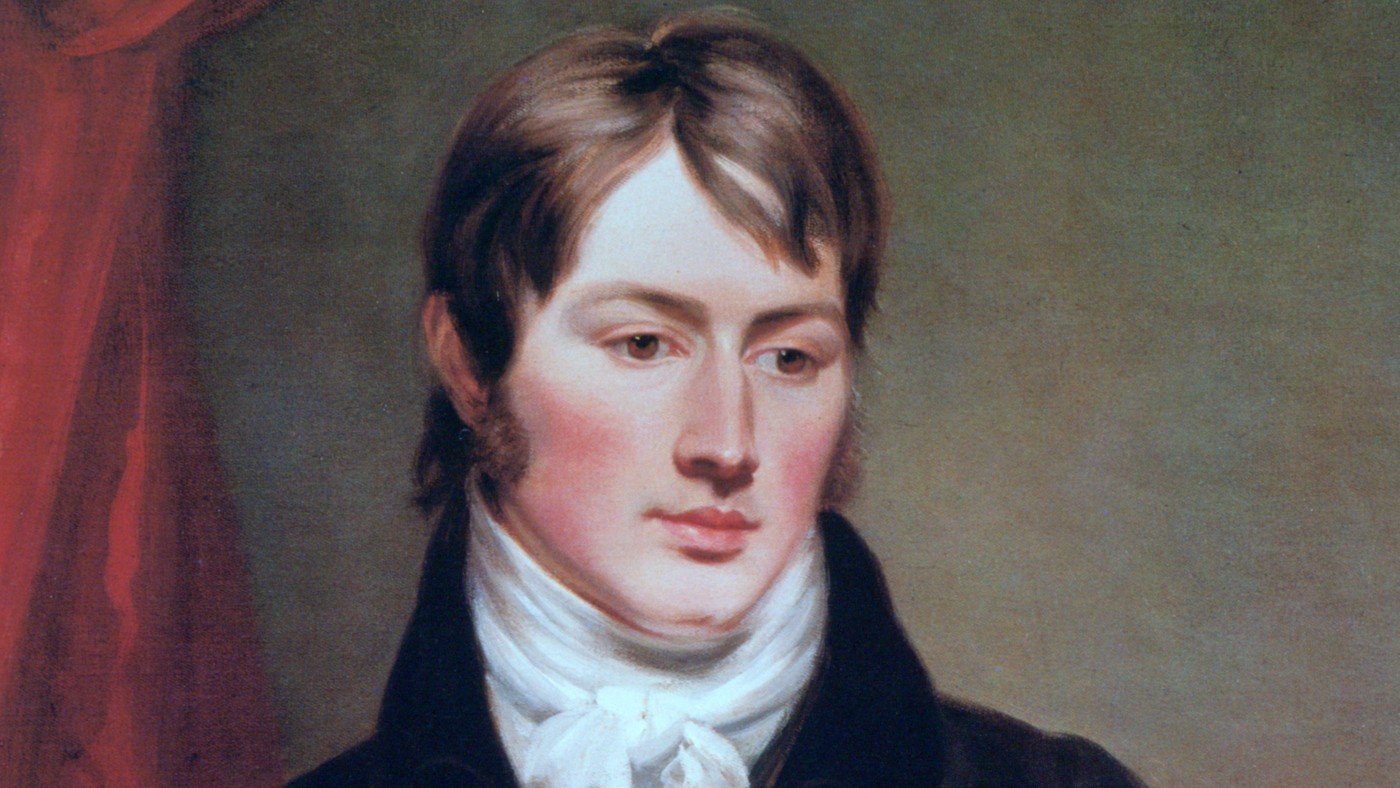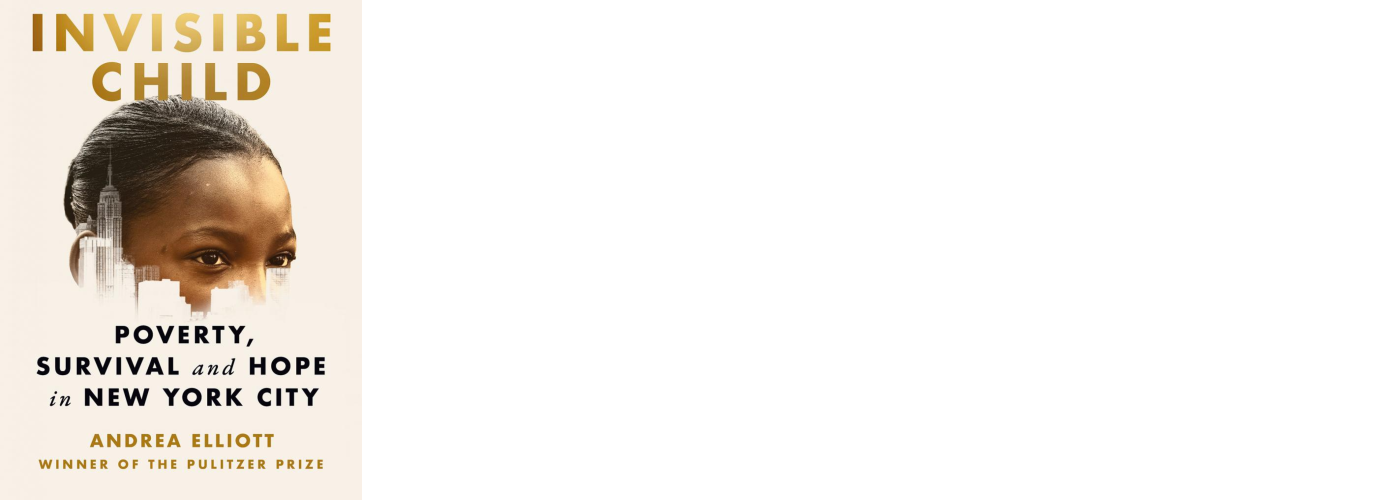Constable: a Portrait by James Hamilton – a warm-hearted biography
This illuminating book suggests that we have got the English painter all wrong

A free daily email with the biggest news stories of the day – and the best features from TheWeek.com
You are now subscribed
Your newsletter sign-up was successful
In 2013, the New York Times journalist Andrea Elliott wrote a series of articles about a girl named Dasani, who lived with her parents and seven siblings in one cockroach-infested room of a Brooklyn homeless shelter, said Ted Conover in The Washington Post.
Elliott knew that she’d found a remarkable subject in Dasani – a bright, charismatic 11-year-old who loved to dance and do backflips, but whose days began emptying the bucket her family used as a lavatory. And so, over the next seven years, she followed her and her “extremely at-risk” African-American family.
The result is Invisible Child, a work of immersive social reportage that ranks among the finest examples of the genre. Over the 600-odd pages of this meticulous book, a terrible truth becomes clear: that Dasani’s family – “and people like them” – are “stuck” in an endless cycle of poverty and “structural racism”.
The Week
Escape your echo chamber. Get the facts behind the news, plus analysis from multiple perspectives.

Sign up for The Week's Free Newsletters
From our morning news briefing to a weekly Good News Newsletter, get the best of The Week delivered directly to your inbox.
From our morning news briefing to a weekly Good News Newsletter, get the best of The Week delivered directly to your inbox.
At one point, tantalisingly, Dasani seems on the point of something better, said Christina Patterson in The Sunday Times: she wins a scholarship to a boarding school for underprivileged children, and “thrives” there for a while. But without Dasani to help look after them all, the family unravels. Chanel, her mother, succumbs to opioid addiction; Dasani’s siblings are taken into care. Feeling guilty, and missing her mother, Dasani starts misbehaving at her school, and ends up being expelled. Only when she has returned to her mother does her behaviour start to improve.
Elliott has won a string of awards for her reporting, and it’s easy to see why. “Her characters are so vivid they leap off the pages. The prose fizzes. The dialogue crackles.” This truly is a “magnificent” book, one surely destined to become a “classic to sit alongside those by giants such as Studs Terkel and George Orwell”.
Hutchinson Heinemann 624pp £16.99; The Week Bookshop £13.99

The Week Bookshop
A free daily email with the biggest news stories of the day – and the best features from TheWeek.com
To order this title or any other book in print, visit theweekbookshop.co.uk, or speak to a bookseller on 020-3176 3835. Opening times: Monday to Saturday 9am-5.30pm and Sunday 10am-4pm.
-
 Crisis in Cuba: a ‘golden opportunity’ for Washington?
Crisis in Cuba: a ‘golden opportunity’ for Washington?Talking Point The Trump administration is applying the pressure, and with Latin America swinging to the right, Havana is becoming more ‘politically isolated’
-
 5 thoroughly redacted cartoons about Pam Bondi protecting predators
5 thoroughly redacted cartoons about Pam Bondi protecting predatorsCartoons Artists take on the real victim, types of protection, and more
-
 Palestine Action and the trouble with defining terrorism
Palestine Action and the trouble with defining terrorismIn the Spotlight The issues with proscribing the group ‘became apparent as soon as the police began putting it into practice’
-
 James Van Der Beek obituary: fresh-faced Dawson’s Creek star
James Van Der Beek obituary: fresh-faced Dawson’s Creek starIn The Spotlight Van Der Beek fronted one of the most successful teen dramas of the 90s – but his Dawson fame proved a double-edged sword
-
 Properties of the week: pretty thatched cottages
Properties of the week: pretty thatched cottagesThe Week Recommends Featuring homes in West Sussex, Dorset and Suffolk
-
 Kia EV4: a ‘terrifically comfy’ electric car
Kia EV4: a ‘terrifically comfy’ electric carThe Week Recommends The family-friendly vehicle has ‘plush seats’ and generous space
-
 Bonfire of the Murdochs: an ‘utterly gripping’ book
Bonfire of the Murdochs: an ‘utterly gripping’ bookThe Week Recommends Gabriel Sherman examines Rupert Murdoch’s ‘war of succession’ over his media empire
-
 Gwen John: Strange Beauties – a ‘superb’ retrospective
Gwen John: Strange Beauties – a ‘superb’ retrospectiveThe Week Recommends ‘Daunting’ show at the National Museum Cardiff plunges viewers into the Welsh artist’s ‘spiritual, austere existence’
-
 Bad Bunny’s Super Bowl: A win for unity
Bad Bunny’s Super Bowl: A win for unityFeature The global superstar's halftime show was a celebration for everyone to enjoy
-
 Book reviews: ‘Bonfire of the Murdochs’ and ‘The Typewriter and the Guillotine’
Book reviews: ‘Bonfire of the Murdochs’ and ‘The Typewriter and the Guillotine’Feature New insights into the Murdoch family’s turmoil and a renowned journalist’s time in pre-World War II Paris
-
 6 exquisite homes with vast acreage
6 exquisite homes with vast acreageFeature Featuring an off-the-grid contemporary home in New Mexico and lakefront farmhouse in Massachusetts